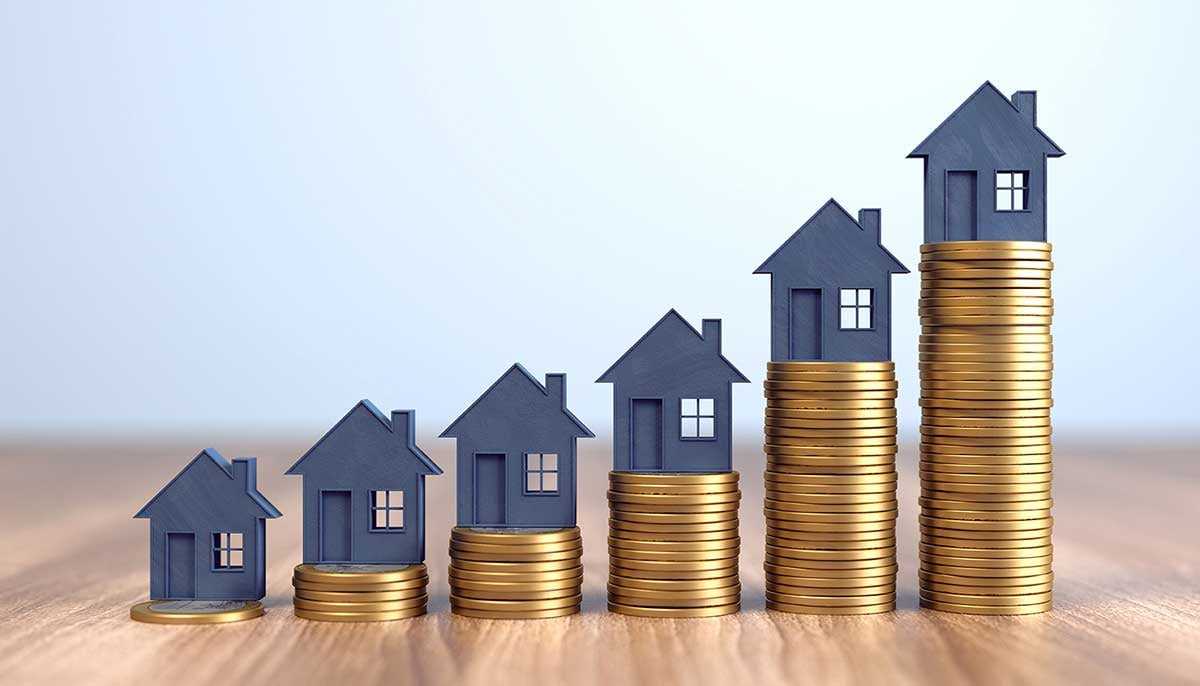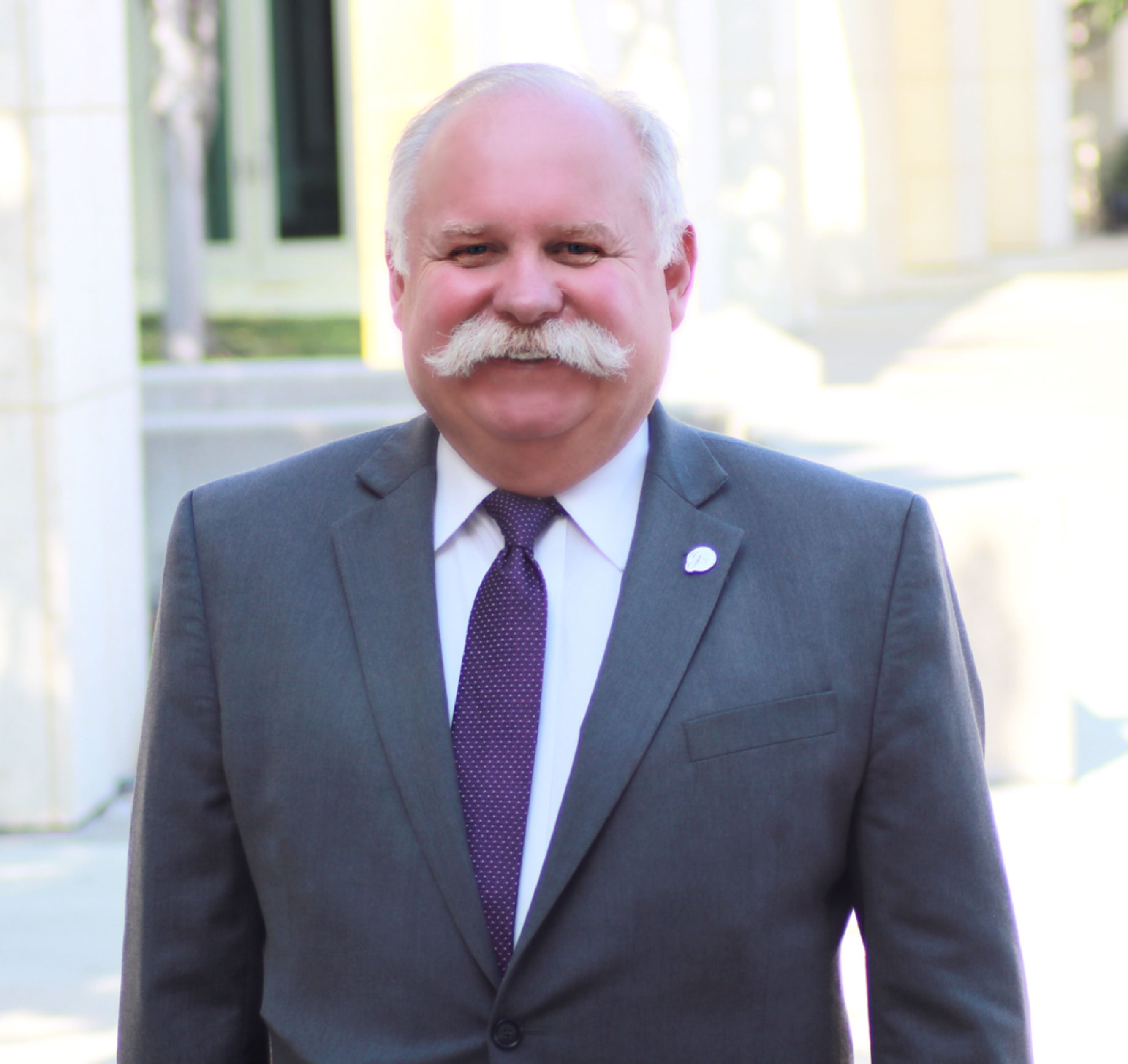The cost of living continues to skyrocket across the World. In this case, the financial burden incurred in operations across various sectors remains a thorny issue. Your HOA is no exception. The association has to maintain a delicate balancing act between increasing assessments and keeping the fee to a nominal amount that homeowners are comfortable with but will pay the bills.

Basically, the association requires funds to roll out its operations. The fee collected from members caters for security operations, landscaping, and other needs. In cases where the association runs out of funds, a special assessment may be applied to help HOA carry out its operations. Though HOA is determined to keep the fee charged as low as possible, responsibilities associated with administrative and repairs often require more resources.
This article offers insight into how to adjust the assessment fee without facing resentment from the association members.
Assessments
Typically, assessments are legally recognized fees collected from HOA members. In most circumstances, the fee is collected monthly, annually, or quarterly. Terms signed by residents determine the intervals at which HOA members pay assessment.
What does an assessment cater for?
The HOA association relies on fees collected from association members to carry out its functions. Generally, depending on the association you belong to, funds collected by HOA help in improvements and savings for future repairs.
So how best can you raise assessment without facing resentment?
Increasing assessment can be a complex affair if not handled properly. To avoid colliding with members over sudden increments, the following tips are integral in executing the move.
1. Give notification to members
Give members a 30 days window period to digest the new development. This means you have to inform HOA members about the new fee adjustment 30 days before implementing it. Explain to members through a letter the reasons behind the increment.
2. Provide payment plans
A sudden increase in assessment may cause a financial burden to some members. Provide members with a flexible payment schedule. This will ease the burden and help them pay in installments over some time.
3. Clarify why you had to increase the fee
Clarifying to residents why you had to increase the assessment is critical to help them understand the situation. Have back up documentation to justify your claim. Furnish relevant information, including utility bills, budgets, and other important information to get a clear picture of why the fee had to be adjusted.
4. Be transparent
Being transparent is key in convincing residents about the new increment. Explain to members in detail why raising the fee remains the only option for the association. Furnish homeowners with all the information to help them understand why increasing the assessment is an important decision for the association.
Share finer details, including where the association was forced to cut costs to remain afloat. The idea here is to convince homeowners that the association exhausted all avenues before increasing the fee.
5. Remain positive
Though members will raise the amount requested for in the increment, some members may be angered by the move. Should this happen, remain resilient and explain to members why the decision had to be made. Being a board member, you have to ensure residents are fully convinced that the decision made was for all parties' interests.
Raising assessment can be one of the most complicated experiences if not appropriately handled.HOA board and residents need to work hand in hand to ensure the charges imposed on members remain as low as possible. You are likely to face serious resentment from members if the increment process is not carried out amicably. Remain firm and justify to members why raising assessment is important for Homeowners Association.
Contact us to learn how GrandManors can assist your association.


